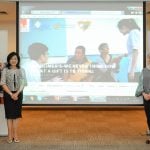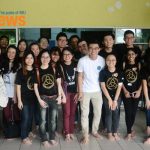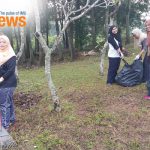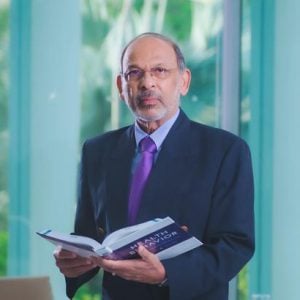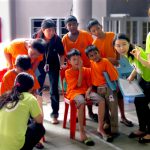11 August 2020 (Tuesday) – The International Medical University Malaysia (IMU) hosted an event entitled Empowering People with Disabilities – Creating a Better Society. The event was held virtually on Zoom and was open to IMU staff and students, as well as members of the public. 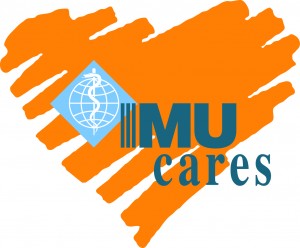 The webinar aims to discuss the various aspects and efforts to empower people with disabilities through adequate wheelchair provision and training, as a follow up to the IMU Cares Wheelchair Initiative, led by Nurul Hanis Ramzi, who also moderated the event. The webinar saw five speakers from three different countries across the globe, all of which have many years of experience working with people with disabilities in their various fields.
The webinar aims to discuss the various aspects and efforts to empower people with disabilities through adequate wheelchair provision and training, as a follow up to the IMU Cares Wheelchair Initiative, led by Nurul Hanis Ramzi, who also moderated the event. The webinar saw five speakers from three different countries across the globe, all of which have many years of experience working with people with disabilities in their various fields.
| Speakers of Webinar | ||
|---|---|---|
| A/Prof Mohammad Arshad Ikram | Consultant of Orthopaedic Surgery and Head of the Orthopaedics Department | International Medical University (IMU) |
| A/Prof Julia Patrick Engkasan | Head of Department of Rehabilitation Medicine | University Malaya Medical Centre (UMMC) |
| Sinisa Stefanac | Occupational Therapist | Medical University of Vienna, Austria |
| Craig Garey and Wendy Garey | Wheelchair Specialists | Latter-Day Saints (LDS) Charities |

Kickstarting the interesting discussion was Dr Mohammad Arshad, who gave an insightful presentation on the role of orthopaedic surgeons in empowering and treating people with disabilities. He stressed that orthopaedic surgeons have the primary role of restoring anatomy, restoring function and minimising disabilities in their patients. One of the most difficult tasks for a surgeon is having to inform a patient that an amputation is needed, even if it is to save his/her life. The greatest fear of these patients is not on losing a limb, but the loss of mobility. Therefore, proper rehabilitation and appropriate medical tools such as prostheses and wheelchairs, along with proper counselling and trainings, are crucial to restore mobility in disabled patients. He also highlighted that the greatest thing we can do to empower a person with disability is to remove the barriers that are hindering their progress towards an inclusive participation in all aspects of society.
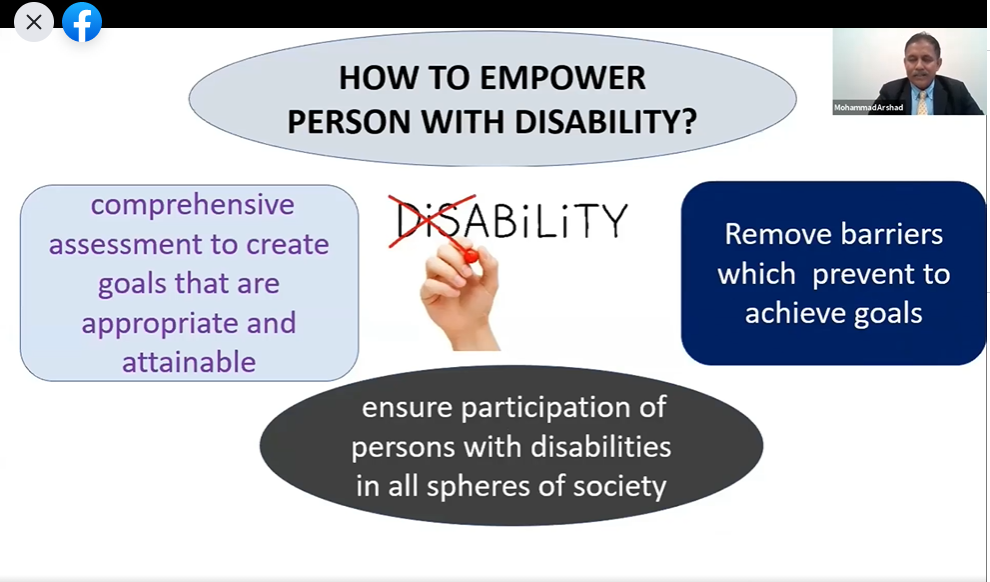
Sinisa Stefanac then shared a study that he did in Croatia, which assessed wheelchair users’ satisfaction with their prescribed wheelchairs and wheelchair services. He highlighted that there was inadequate wheelchair assessment being conducted prior to prescription of a wheelchair, which leads to physical, psychosocial and performance issues to the wheelchair users. It is rather alarming that in his research, only 54.8% of his participants received wheelchair assessment and only 6.7% received any follow-ups regarding safety, maintenance and use of their wheelchairs. In his opinion, a thorough assessment must be conducted for the most appropriate wheelchair to be prescribed as the wheelchair is the most important item which a person with mobility impairment would depend on to regain his mobility. He concluded by saying an inclusion process is critical in empowering wheelchair users for them to receive the best assistance needed for them to lead a normal life. Next, Dr Julia Patrick shared UMMC’s initiatives to empower people with disabilities. As one of the leaders in this area of rehabilitation and wheelchair services, UMMC has put in place various services such as wheelchair service professionals, empowerment through peer support, involvement of patients in professional activities and recreational activities. They also have wheelchair modification and personal support device services to customise these devices to best support the needs of the patients. Besides that, they have also organised campaigns such as “Fun Wheel World SCI Day” and webinars discussing issues faced by patients with spinal cord injuries during the COVID-19 pandemic to raise awareness about the interventions that is available to empower people with disabilities.
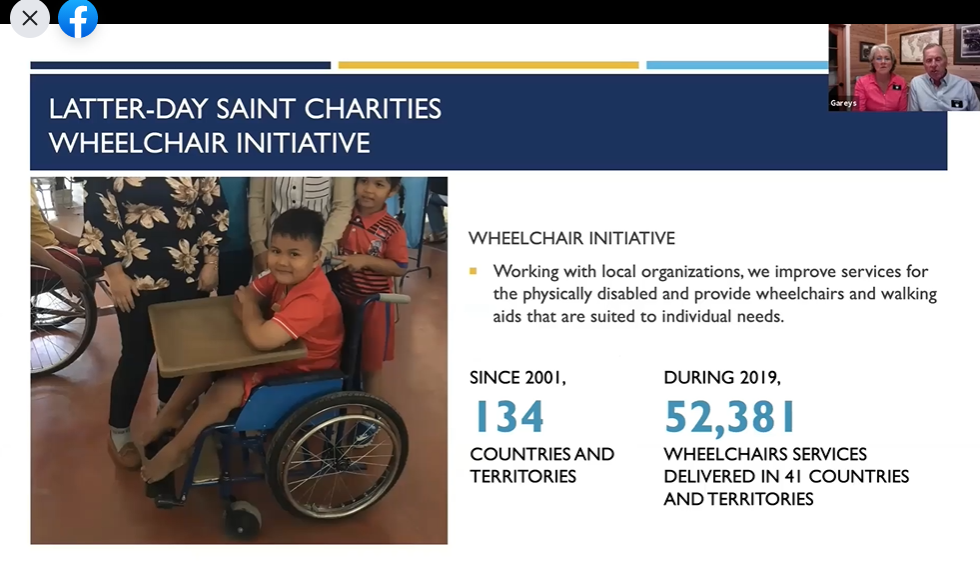
Before going into the panel discussion, the audience had the privilege to hear from a lovely couple, Craig and Wendy Garey. The Gareys are wheelchair specialists from the Latter-Day Saints (LDS) Charities, whom IMU Community Engagement has established a partnership with as part of this IMU Cares Wheelchair Initiative. The members of this project under Hanis underwent a training session with the Gareys before conducting the assessment and providing the wheelchair to the residents of Beautiful Gate Foundation for the Disabled, who is one of IMU Cares’ Community Partner. LDS is currently working with 134 countries to improve services for the physically disabled and provide wheelchairs and walking aids suited to individual needs. Wendy emphasised the importance to have an effective wheelchair delivery system which includes choosing the most appropriate wheelchair for patients, individualised client assessment and wheelchair prescription, individualised fitting and user training, and finally follow-up and on-going support.
| Beautiful Story of a Cambodian Young Man |
|---|
Wendy shared a beautiful story of how a young man in Cambodia was living with isolation with his mother due to immobility but after getting an appropriate wheelchair, his life was filled with purpose and joy when he pursued his dream to learn the English language, and is now operating a small school to teach his community the English language.
|
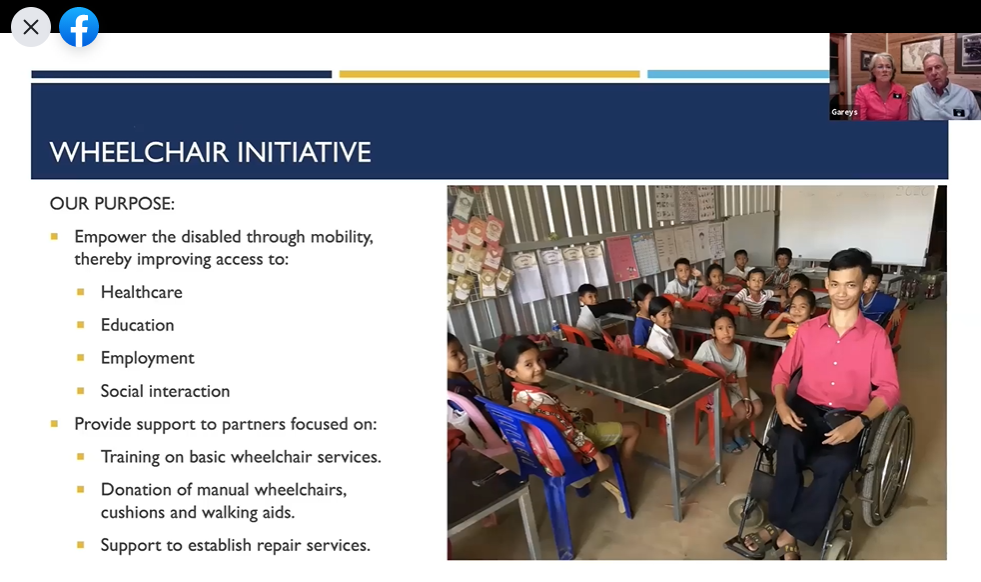
The webinar continued with a panel discussion and questions from participants. To find out more about what was discussed, please visit the IMU Community Engagement (IMU Cares) Facebook page to view the recording: https://www.facebook.com/imucares/videos/1654318291397516. Related articles: An IMU Cares Project: Wheelchair Champions in Motion An IMU Cares Project : Matching A Suitable Owner with A Wheelchair





